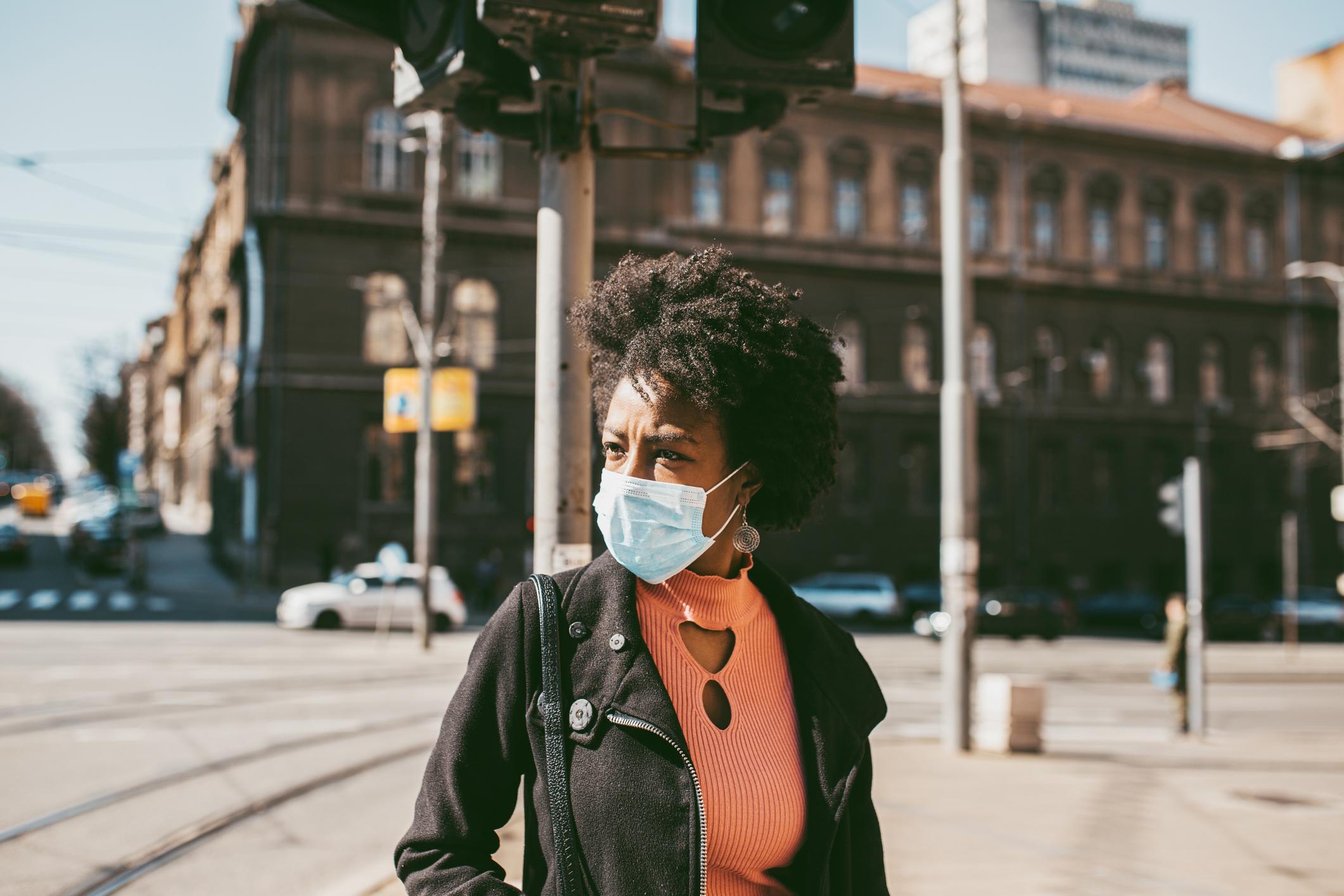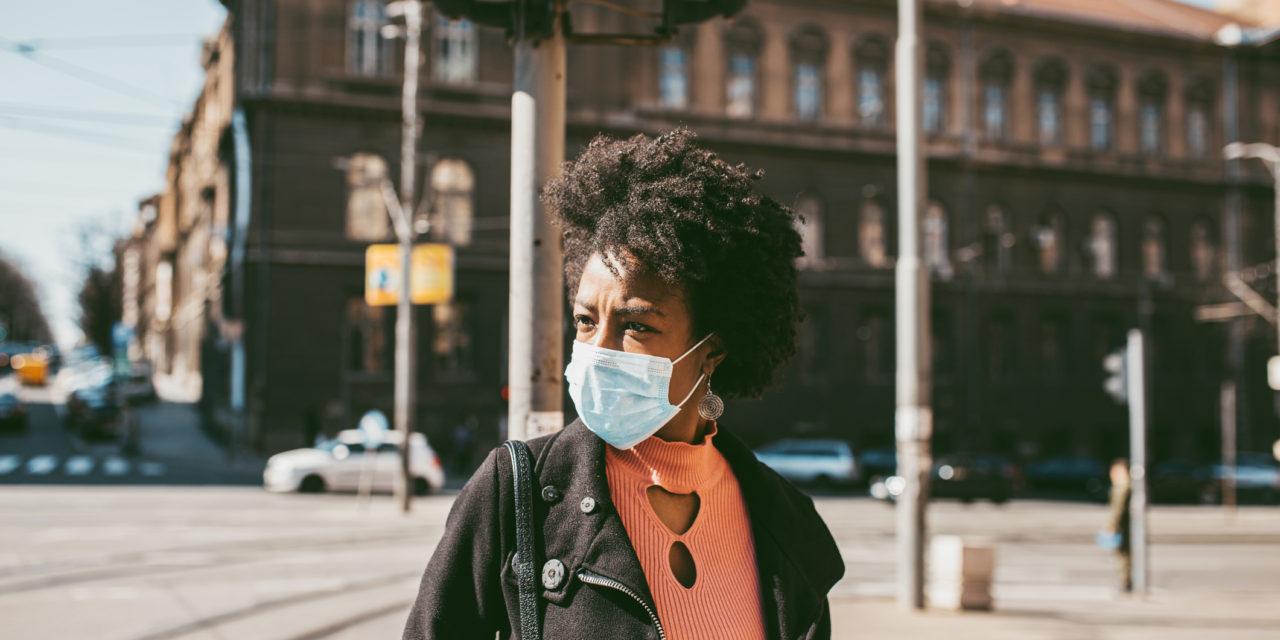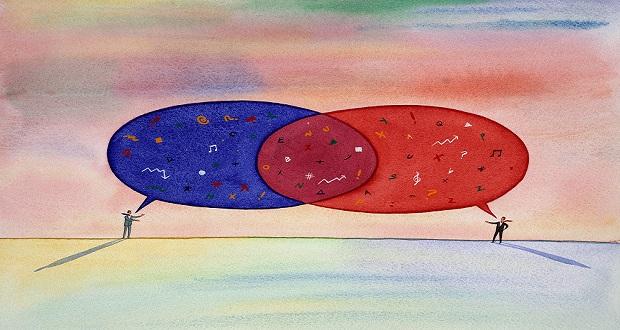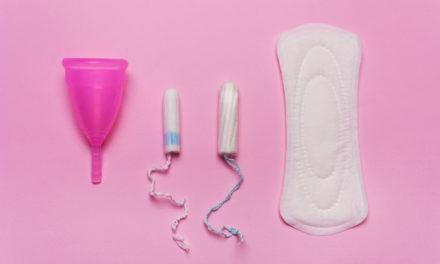
“When White America catches a cold, Black America catches pneumonia.” — Steven Brown, Research Associate at the Urban Institute
COVID-19, the novel coronavirus, has been dubbed “the great equalizer” because this is a moment when everyone, everywhere in the world is impacted. No one is exempt. However, this pandemic has amplified the ugly truth about how unequal things truly are, particularly in the United States. The coronavirus is shining a bright light on the many systemic inequities that exist in Black and Latinx communities.
This pandemic has amplified the ugly truth about how unequal things truly are, particularly in the US. The coronavirus is shining a bright light on the many systemic inequities that exist in Black and Latinx communities. Share on X
As states across the country began releasing data based on racial demographics, the grim reality was made clear. In major cities where Black people make up a minority percentage of the population, they account for the majority of confirmed coronavirus cases. For example, in Chicago, about 70% of those who died from COVID-19 have been African American, whereas the overall Black population is 30%. In Milwaukee they account for an astounding 81% of deaths. Unfortunately, these numbers are similar in other major cities as well. There are myriad reasons for this, including preexisting health conditions (that are often influenced by environmental racism, food deserts) and racial bias in healthcare.
The US Surgeon General, Jerome Adams, recently faced criticism for his remarks during a White House coronavirus press conference. Many felt that his remarks suggested that the high number of Black and brown deaths from the coronavirus were due to personal responsibility, versus a public health crisis that has been going on for decades. Public health advocates have argued that since the racialized data and subsequent conversations emerged, the focus has shifted on the lack of testing and care, to personal responsibility, diet, and individual life choices. In essence, the current rhetoric around the coronavirus places the blame on the individual versus the system that perpetuates these disproportionate outcomes, a system that many of us doing this work have been trying to dismantle for decades.
In essence, the current rhetoric around the coronavirus places the blame on the individual versus the system that perpetuates these disproportionate outcomes, a system that many of us doing this work have been trying to dismantle… Share on X
Another reason we are seeing higher rates amongst the Black and Latino community is because they are the ones that most often don’t have the ‘luxury’ of staying at home. As we are urged to stay home to save lives, many of those who are considered essential workers and are on the frontlines, are disproportionately Black and Latino. According to the US Bureau of Labor Statistics, less than one in five Black workers and roughly one in six Hispanic workers are able to work from home. Further, higher-wage workers are six times as likely to be able to work from home as lower-wage workers. And lower-wage workers are, you guessed it, disproportionately Black and Latino.
In addition to healthcare, we are also seeing the “great equalizer” claim dispelled when it comes to minority-owned small businesses. The government has approved a $349 billion aid package, known as the Paycheck Protection Program (PPP), to provide relief to small business owners during this time helping to keep their workforce employed. To apply, businesses have to go through banks. Historically, many minority-owned businesses have struggled to secure bank loans, being denied at higher rates, and therefore have weaker banking relationships. According to the Stanford Institute for Economic Policy Research, before the coronavirus pandemic, only 1% of Black business owners secured loans within their first year of business, compared to 7% of white business owners. Some minority business owners have avoided dealing with banks completely and relied on family and friends to raise funds to get their businesses off the ground. However, the PPP depends on strong, existing relationships with banks. Furthermore, the median white family has roughly 10 times the amount of wealth as the median Black family, meaning Black business owners generally have less cushion to deal with economic shocks than white business owners.
Small businesses are said to be the “heart and soul” of the US economy, accounting for two-thirds of all new jobs created. The playing field was already unequal before the pandemic. It would behoove the federal government to provide additional assistance to minority-business owners as well as for banks to change their practices to close the funding gap between white business owners. When Black business owners matter just as much as their white counterparts, the country and its economy can emerge from the recovery stronger than ever.
We need to flatten the curve of racism and inequity. Share on X
We hear the term “flatten the curve” often with respect to COVID-19. We need to flatten the curve of racism and inequity. Many people are eager to return to “normal.” However, I leave you to ponder this question, are we really waiting for a return to normal or are we ready to build something different? I hope it’s the latter.
Are we really waiting for a return to normal or are we ready to build something different? Share on X



















